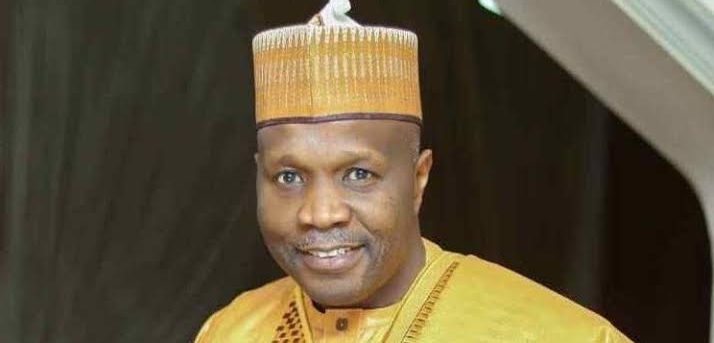The United Nations Children Fund (UNICEF) has commended Gombe State Government for developing it’s Social Protection Policy, saying it would address multi-dimensional poverty among children in the state.
Mr Yusuf Auta, Social Policy Specialist, UNICEF Bauchi Field Office, said this at the ongoing Five-Day Workshop on the Development of Implementation Plan and Costing of Gombe State Social Protection Policy, on Thursday in Jos.
The state has recently developed its social protection policy document.
“Just like many states in Nigeria, there is multi-dimensional poverty among children in Gombe state.
“A child is multi-dimensionally poor if deprived in any three of the following: nutrition, health, water, sanitation, education, housing and information.
“The effort of the state government as clearly expressed and visioned in the social protection policy document of providing ‘Better life for all’, the children of the state will grow in an environment that will enable them to compete favourably with children all over the world,”Auta said.
He said that the policy document would place the state on the path of growth and development.
Auta added that the policy would also promote the well-being of children and women in the state if implemented.
“That UNICEF is happy to be part of this process because it affects the lives of women and children.
“UNICEF pays attention to women and children because it is the credo of development.
“Social protection policy provides the platform for UNICEF to support women and children to have a better life.
“So, we are here to come up with an implementation plan which will be in accordance with the budget provision of the state,” he said.
the specialist said that UNICEF would continue to support the state with technical assistance to address some of the policy’s issues.
The meeting had participants from government Ministries, Departments and Agencies (MDAs), traditional institutions, development partners, academia and the media, among others.








